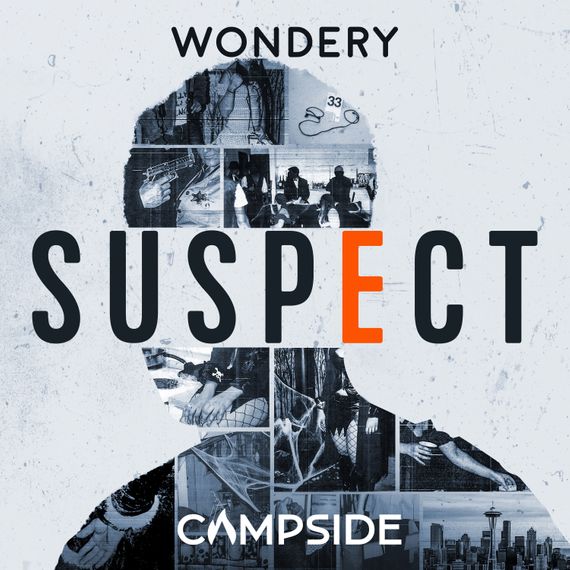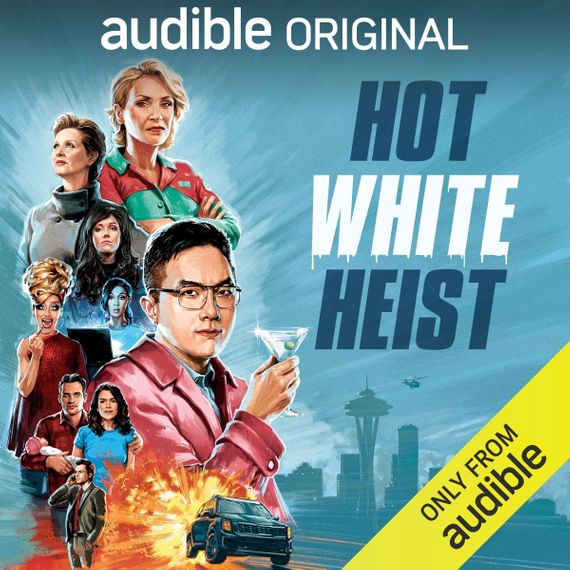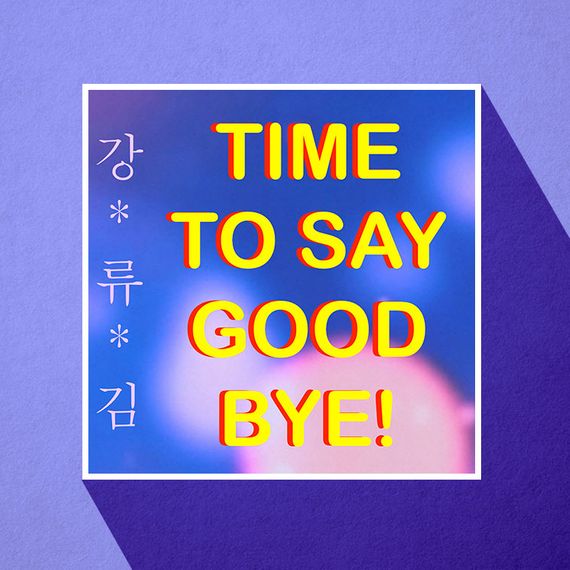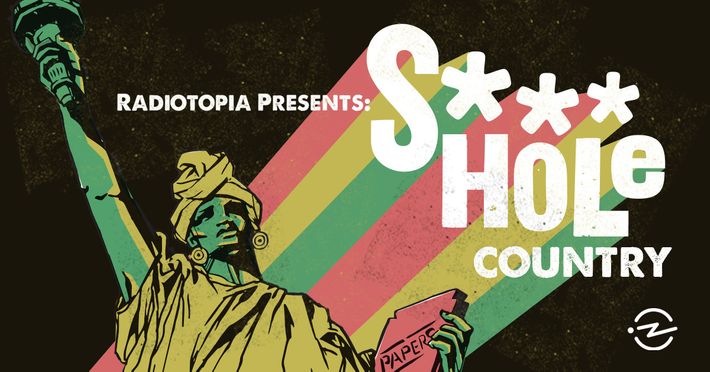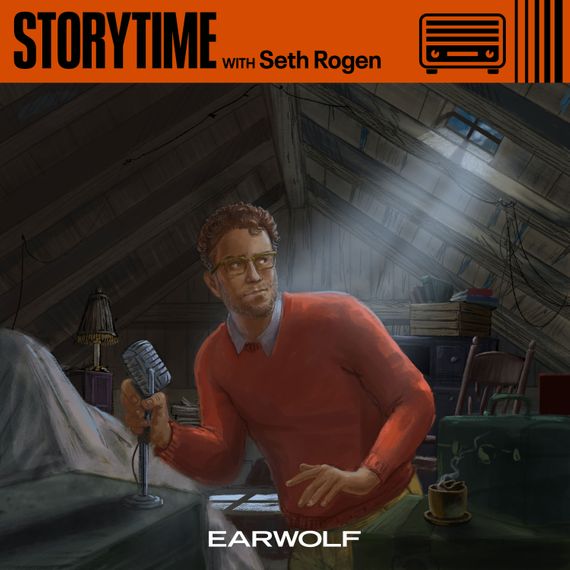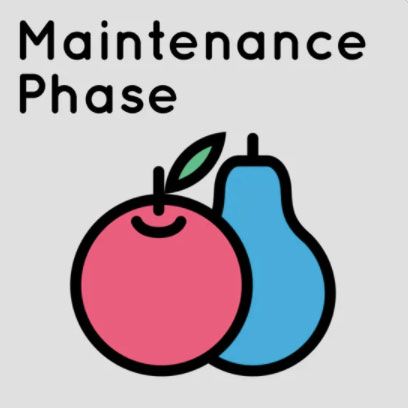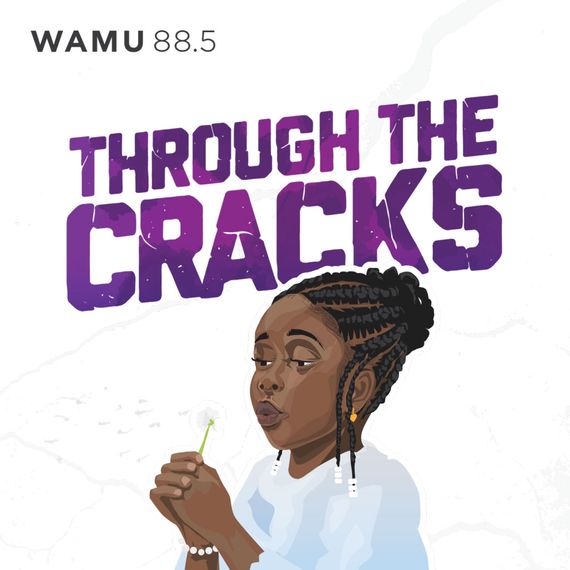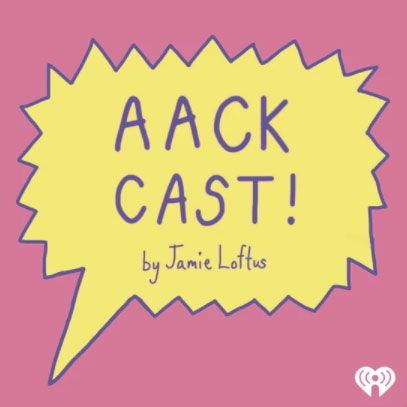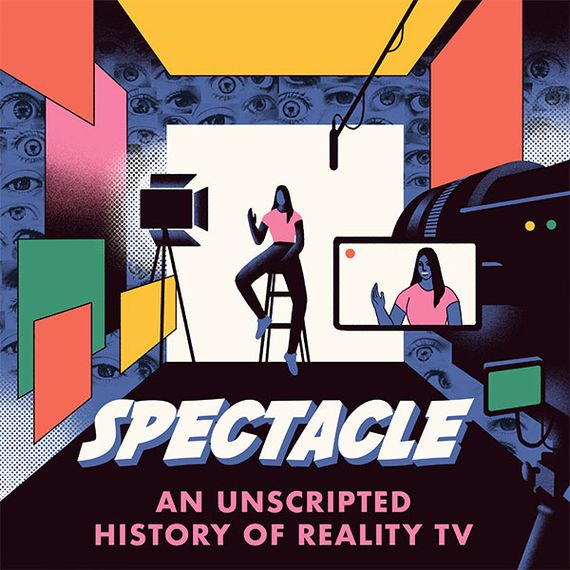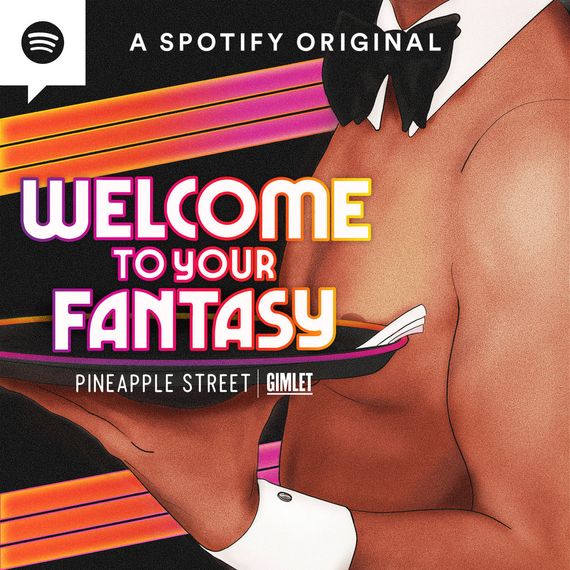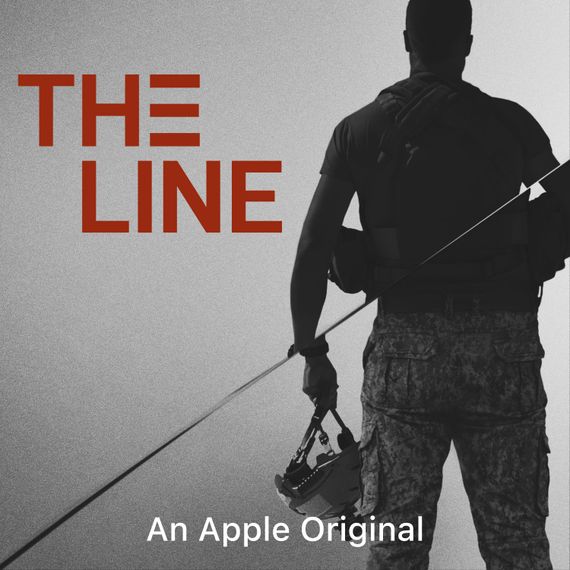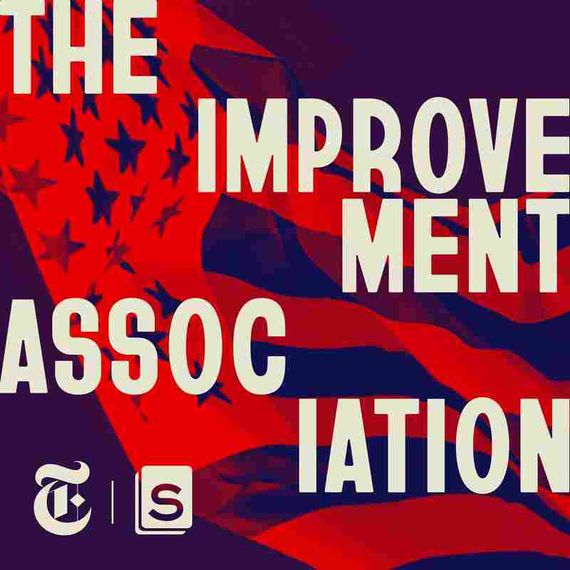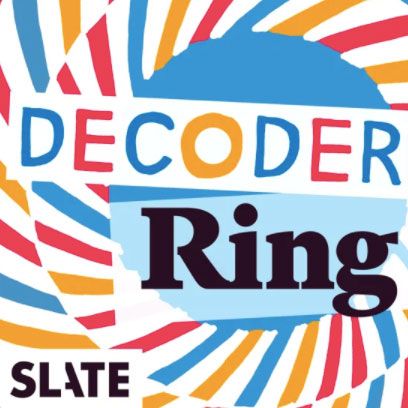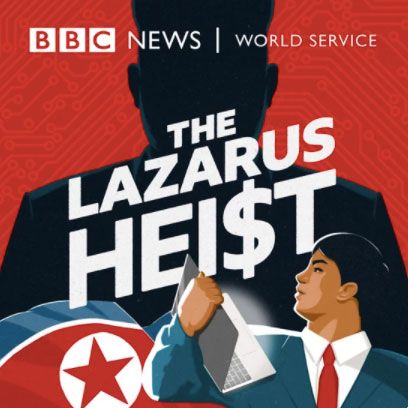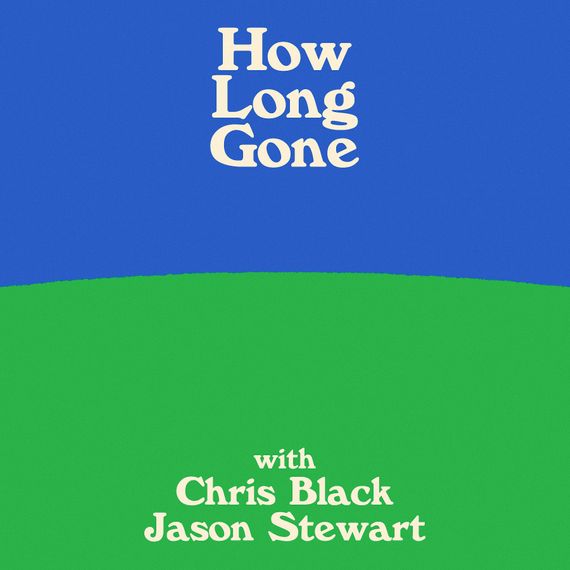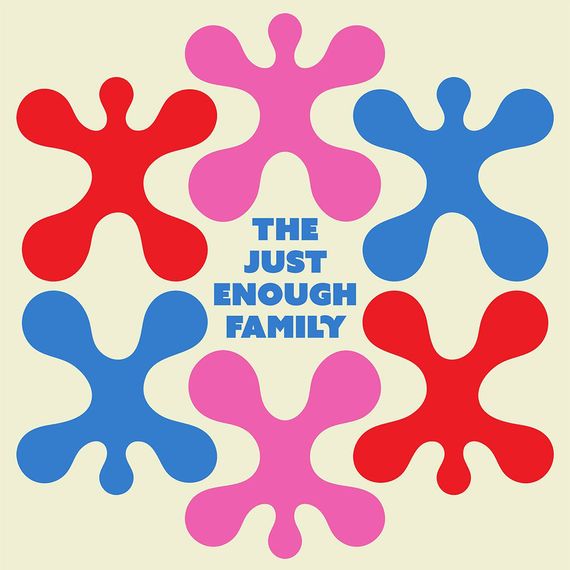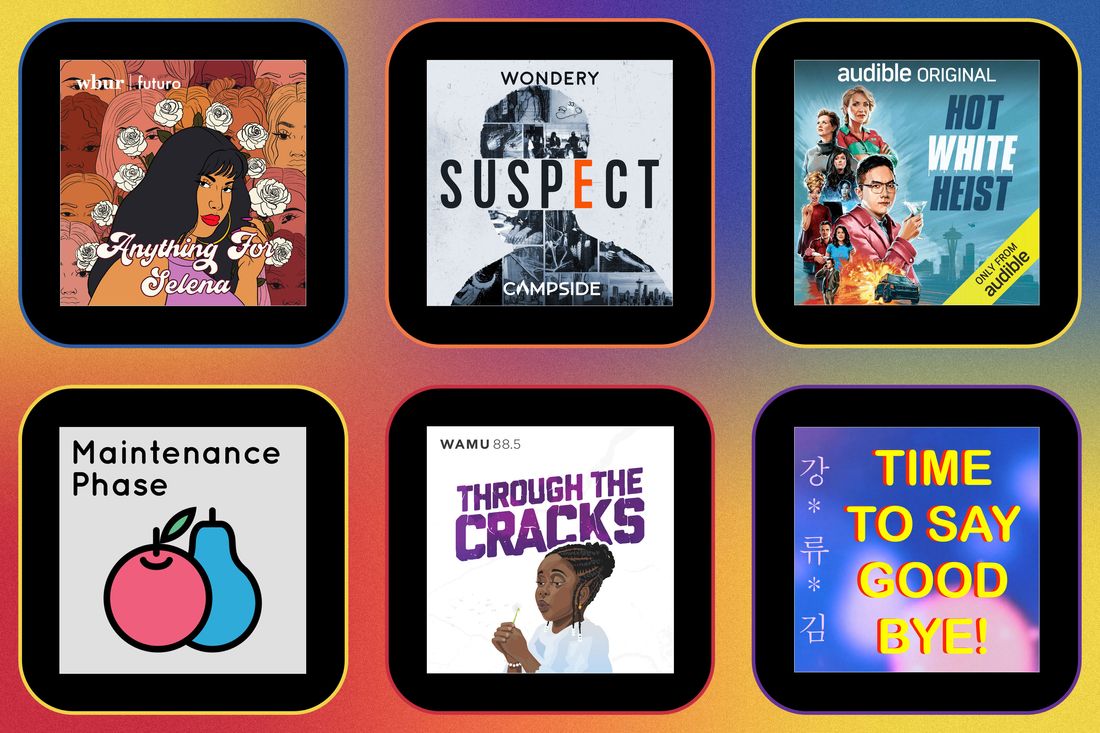
Without a doubt, this was the year it all happened. Podcasting is no longer rapidly consolidating; it has fully consolidated, with the vast podcast universe now orbiting around a handful of major platforms and corporations, some expected (Spotify, iHeartMedia, Apple) and some slightly unexpected (SiriusXM, two different Amazon companies). There continues to be anxiety around the fate of independent podcasting, especially after one of its strongest advocates, Roman Mars, moved over to SiriusXM, but there have been solid glimmers of hope that the podcast world can support both industrial-grade and homemade products. Also, they made a podcast-heavy TV show that was actually great, which should be considered a strong marker for just how far this community, once thought of as a digital backwater, has come.
Meanwhile, the literal number of podcasts available for your listening pleasure has never been larger or more overwhelming. That said, there was no one show (or even handful of shows) that stood out as an undisputed breakout phenomena. Not that this is necessarily the most important thing, of course; there were still many fantastic listens to go around.
In any case, the abundance presents a distinct challenge for this humble critic. As the podcast universe gets bigger — with more subgenres, communities, and tastes flowering for a million different preferences — the job of a list like this has, in some ways, to become more specific. To that end, my intent with this list is to reflect my own beliefs on what stood out as the best podcasts from the year. And listen — in terms of podcasts, at least, this has been a damn good year.
10.
Suspect (Wondery and Campside Media)
True crime continues to be a commodity in the podcast world, and Suspect stands as the year’s best pure entry in the genre, even if it offers little innovation. Led by Matthew Shaer and Eric Benson, with further reporting by Natalia Winkelman, the series takes on the unsolved murder of Arpana Jinaga, who was killed the night of a Halloween party at her Redmond, Washington, apartment complex in 2008. The series features every true-crime-podcast trope in the book, including a potentially questionable build-up toward who the team believes is the likely culprit that’s never ultimately verified. Suspect is especially strong in its second half, when the series moves away from its whodunit framework toward a meditation on the consequences of systematically shoddy policing.
9.
Hot White Heist (Audible)
There has been an onslaught of celebrity–headlining audio-fiction projects lately that are clearly market-testing campaigns for possible film and television productions. As entertainment products, they’re mostly middling, but Hot White Heist suggests that one of the better outcomes lies in remembering to have fun with it. The ever-effervescent Bowen Yang stars in this wacky six-part series as a New York City fortune-teller who’s recruited by his estranged aunt to steal samples from what could only be described as the Presidential Sperm Bank. Backed by a sprawling cast that includes Mj Rodriguez, Bianca Del Rio, Jane Lynch, Abbi Jacobson, and Cheyenne Jackson, the ensuing caper is fast on its feet. It’s the most I’ve enjoyed a fiction podcast in a very long time.
8.
Time to Say Goodbye (Independent)
This is a highly personal pick, in the sense that this show has affected me more deeply than any other one on this list. Over the past year, this conversational podcast—hosted by Andy Liu, Jay Caspian Kang, and Tammy Kim — has clearly become essential listening for a lot of people from a lot of places. My colleague Lauren Ro put it best: Time to Say Goodbye is perhaps the only podcast about Asians in America that’s saying the hard stuff — not just about the concept of “Asian America,” but, in many ways, the broader discourse of race in America, which it tries to complicate in provocative, meaningful ways.
7.
S***hole Country (Radiotopia Presents)
This exquisitely produced personal journal follows a Ghanaian American woman who goes by the pseudonym Afia Kaakyire as she navigates a huge life choice during a recent trip to visit her parents in Ghana: Should she stay in America or build a new life in a homeland she isn’t entirely familiar with? The anonymous narrator is a curiously underused device in podcasting. Here, the gambit serves a vital purpose: Kaakyire’s story involves a deeply consequential reveal tied to her identity, one that reframes everything that came before it.
6.
Storytime With Seth Rogen (Earwolf)
It could have been so easy. As with any number of other celebrity podcasts, Seth Rogen could have simply plopped himself in front of a microphone and half-assed it. Instead, he collaborated with the brilliant Richard Parks III and invited guests to recount a story — any story — from their lives, blowing their narratives up into cinematic experiences. The takeaway: Every story has massive stakes for the person telling it, no matter how small it actually is.
5.
Maintenance Phase (Independent)
Hosted by the writer Aubrey Gordon and the journalist Michael Hobbes (who recently stepped away from the popular You’re Wrong About podcast), Maintenance Phase has had an impressive debut. Taking a chainsaw to questionable fads concerning health, fitness, and body, the podcast covered a broad range of targets in its first 14 months, hitting the body-mass index and the many sins of Dr. Oz. The show has quickly amassed a considerable following, bolstered by a strong belief in the importance of vigorous research.
4.
Through the Cracks (WAMU and PRX)
Jonquilyn Hill’s investigation into the disappearance of Relisha Rudd, an 8-year-old Black girl who vanished from a Washington, D.C, homeless shelter in 2014, is only kind of a true-crime podcast. It jerry-rigs the genre, picking up the basic architecture of the classic cold-case format and flipping it into a piercing study of the social-services breakdown that allowed a child like Rudd to fall off the map. What makes Through the Cracks especially good is that it never depersonalizes the narrative: Even as Hill pulls the frame back to focus on the bigger picture, the human loss is kept front and center.
3.
Anything for Selena (WBUR and Futuro Media)
Anything for Selena dropped at the very start of the year, but it has rattled around in my head ever since. Maria Garcia’s nine-episode series (released in English and Spanish, though the two versions aren’t direct translations of each other) revisiting the legacy of Selena Quintanilla-Pérez, the late Tejano-music legend, is a hybrid piece that blends elements of documentary and memoir. Garcia positions herself as a narrator whose identity as a Tejano woman was meaningfully formed by Selena’s presence in the public sphere. In doing so, she gets at what we actually mean when we talk about the need for diverse representation in the media.
2.
The Ezra Klein Show (The New York Times)
The Ezra Klein Show has been a reliable source of stellar interviews for many years now, going back to its original incarnation as a Vox Media podcast. Since relaunching under the New York Times Opinion Audio team earlier this year, the show hasn’t missed a beat, weaving between guests that speak to the moment and ones that align more with Klein’s geek-king personal interests. In its new iteration, Klein’s conversations have grown more ambitious and eclectic. And as 2021 has played itself out, they have increasingly taken on a new tenor, collectively serving as an extended meditation on an essential question: What the hell is happening? And how can we rebuild the way we think about the world in the wake of the utterly dissociating Trump presidency?
1.
Aack Cast (iHeartRadio)
Consider this my paean to the many talents of Jamie Loftus: comedian, writer, journalist, podcaster. In Aack Cast, her third solo audio project, Loftus focuses her impressive gift for cultural criticism on “Cathy,” the comic strip by Cathy Guisewite that was extremely successful over its 34-year run but is nowadays remembered as a caricature of a certain kind of boomer woman. The truth, of course, is richer and more nuanced than that, and the manner in which Loftus explores the actual substance of Cathy is fun, heartfelt, and exciting. Aack Cast is also the clearest illustration of what Loftus brings to the game: a cheerful disregard for the rules that produces a genuinely unpredictable listen. Very few podcast makers feel as creatively free as her. The value of this cannot be overstated — in many ways, Loftus represents the future of this medium.
Honorable Mentions
Spectacle (Neon Hum Media)
There’s an argument to be made that reality television is perhaps the most impactful form that American television has ever produced — far beyond prestige dramas, prime-time sitcoms, and even cable news. I’m somewhat partial toward this idea, which is why Spectacle, Mariah Smith’s sharp abbreviated survey of the history of reality television, hooked me by the gills. Starting with the progenitor of the genre, the 1970s PBS docuseries An American Family, and spanning a wide range of popular productions that arrives at the present over the course of ten episodes, from The Real World to Keeping Up With the Kardashians to The Great British Bake Off, Smith delivers a whip-smart study of the genre’s fundamental meaning and how it literalizes the notion of the media being a reflection of a society’s sense of itself.
Welcome to Your Fantasy (Pineapple Street Studios and Gimlet Media)
Kudos to a stellar elevator pitch: Did you know that Chippendales, the male striptease dance production that was super-big in the ’80s — and is in fact still around — has a dark history complete with murder? Well, maybe that’s not particularly surprising, given that death and darkness tend to pop up whenever there is gobs of money to be made. In any case, the devil’s in the details with this series. Led by the historian Natalia Mehlman Petrzela, Welcome to Your Fantasy is an utterly engrossing tale that lives in the overlap of primal American capitalism and shifting sexual politics.
The Line (Apple Original)
I’ll give you three reasons why you should listen to The Line. Firstly, this series about war-crime charges pegged to the former Navy SEAL Eddie Gallagher, who became a cause célèbre for a certain corner of Fox News–heavy conservatism, is an excellent piece of audio documentary. It does that thing where a specific high-profile case is made to refract much bigger ideas, in this case: about the modern American military, what these individuals are made to do, and how the systems they’re made to operate within often grind their humanity into dust. Secondly, The Line is the latest audio project to be led by Dan Taberski, the gifted documentarian behind Missing Richard Simmons, Surviving Y2K, and Running from COPS. Here, he’s collaborating with Jigsaw Productions, Alex Gibney’s documentary studio that’s been utterly prolific over the past few years. And guess what? The fit is good. Finally, The Line’s concluding episode also happens to break some news in the Eddie Gallagher story. Which is to say, this is a mystery that has an answer.
The Improvement Association (Serial Productions)
The tagline for Serial Productions’ latest work packs some heat, as you would expect: “a true story about election fraud.” This five-part series follows Zoe Chace as she rolls into North Carolina to investigate the aftermath of one of the very few cases of confirmed election fraud in modern American history, when a 2018 congressional race in the state ended with the Republican candidate’s victory getting tossed out over proven absentee-ballot tampering on his side. That scandal came and went, but oddly enough, accusations of fraud persisted, and as Chace found, eventually became weaponized in the opposite direction. What transpires is some truly textured and granular gumshoe reporting, with Chace chasing (sorry) down every possible point of suspicion and, in the process, illustrating what such accusations do to the political power dynamic in a given community. (Spoiler alert: They hurt those who need power the most.) While The Improvement Association didn’t seem to pick up as much buzz as Nice White Parents, it’s still one of the best podcasts to come out since the New Year, and it’s definitely one that’s worth your time.
Unread (iHeartMedia)
Unread is a brief four-episode nonfiction piece built on a personal tragedy wrapped in a mystery that comes with a hell of a hook. In late 2019, the writer and academic Chris Stedman received the very worst type of message you could get: the final note from a friend who had just taken his own life. But the message also contained something else. His friend had been a Britney Spears superfan, and in the message, he left a link to audio files containing conversations between him and a woman he had met on a Spears fan forum — a woman who, in many ways, sounded a lot like the pop icon herself. They had talked about this person before, marveling at the question of her identity. The audio files, then, were a good-bye present of a sort, an offering of one last adventure shared with a friend. Grappling with the loss, Stedman sets out to find this person, recording his journey along the way. Gentle, smartly edited, and beautifully written, what he makes is a moving tribute to a friend.
Decoder Ring (Slate)
Willa Paskin’s Decoder Ring has long been a purveyor of fine adventures down cultural rabbit holes, specializing in incisively unpacking the kinds of artifacts that often make you go, “Oh, right, that thing?” (See: hotel art, Beanie Babies, mullets.) However, since switching from a somewhat sporadic publishing schedule into a more consistent seasonal structure earlier this year, the podcast has been pitching at a whole different level. Since the June relaunch, the show has maintained its standard of excellence — taking on tattoos, a legendary soap opera episode (the Marty Saybrooke rape story line in One Life to Live), and the very concept of hydration, among other things — but it’s also delivered two especially standout episodes in quick fashion. The first is “The Sign Painter,” a story personal to Paskin that takes on the uneasy question of what happens to artists when they’re good enough but not “great”; and the second is “Who Killed The Segway?”, which features the writer Dan Kois working through a secondary question of whether he, personally, might have contributed to the death of the Segway.
9/12 (Amazon Music, Pineapple Street Studios, Wondery)
Yeah, it’s another Dan Taberski–led project on this list. What can I say? The man makes good podcasts. 9/12 is best described as a survey of America’s long hangover in the wake of the 9/11 attacks, and in that sense, it makes for a natural pairing with Taberski’s other excellent audio series from this year, The Line. The latter’s focus on an American war crime in Iraq could very well double as a stand-alone chapter in this series, but 9/12’s spiritual focus is significantly more expansive: What happened to the American psyche in the wake of the attacks? And were all the ways the country responded truly inevitable? Produced with Courtney Harrell and frequent collaborator Henry Molofsky, the series picks up an assortment of thematic threads, including the rise of 9/11 conspiracy theories, the explosion of virulent patriotism, and the politics of remembering the attacks.
The Lazarus Heist (BBC World Service)
Political intrigue, international security, cyberespionage, a shadowy organization, and a plot to steal a billion dollars. If those things aren’t enough to grab your attention, here’s another hook The Lazarus Heist has for you: the larger story around the infamous Sony Pictures hack in 2014 that ruined careers, accelerated tensions between North Korea and the United States, and thrust a middling Seth Rogen–James Franco movie, The Interview, into the global spotlight. Led by Jean Lee, a Pulitzer-nominated foreign correspondent who has operated out of North Korea, and Geoff White, a veteran freelance investigative journalist who specializes in cybercrime, The Lazarus Heist offers one of the more pressing and interesting geopolitical stories to blend the unsettling and the absurd, all presented in exquisitely competent fashion.
Bandsplain (Spotify Studios)
It’s long been apparent that Spotify wishes to be everything to everyone: the preeminent audio distribution platform, but also YouTube, if they can swing it. The podcast world has felt its weight for several years now, and among the more curious consequences has been Spotify’s push for technological mutation: When is a podcast not just a podcast? The company asks the question most concretely though its clumsily named “Music + Talk” format, which lets podcasters insert full music tracks in-between talk segments. I happen to genuinely love this format, though I seem to be one of the very people on this planet who does: the offering suffers from criminal under-marketing. Which is a shame, because I’d love to see it stick around. My favorite use of this format is an in-house Spotify creation, Bandsplain, which sees host Yasi Salek spelunking through the discography of a different cult band or musicians with the help of a different guest curator, critic, or music fan. The episodes take the shape of rambling lo-fi conversations that can stretch for hours at a time, which might sound insufferable, but can be magical in practice when it hits just right.
Death at the Wing (ThreeUncannyFour and HyperObject Industries)
This series sits squarely within Adam McKay’s late-stage work: elaborate, politically-driven, and energetically polemic. Death at the Wing has a bit of a sordid premise, in that each episode is dedicated to examining a different high-profile death related to the NBA during the ‘80s and early ‘90s, an era when professional basketball was being radically reshaped by an explosion of wealth and everything that comes with it. But McKay and Death at the Wing wields the conceit towards a larger enterprise: to build out a sustained, serialized critique of Reaganite policies and cultural politics, whose facilitation of extreme American excess continues to loom over the American fabric to this day.
How Long Gone (Independent)
Call it a “bicoastal elite podcast.” Call it a “bro-cast.” Whatever the name, Chris Black and Jason Stewart’s How Long Gone is an ascendant culture podcast that’s displayed a real knack for catching — and keeping — your attention with its prolific output, Dimes Square-esque sensibility, and increasingly prestigious list of guests (some recent ones have included director Mike Mills, actor Jake Lacy, and Charlie XCX). Who knows how far Black and Stewart will go, but it’s been quite a ride watching these guys on the come-up.
The Just Enough Family (ThreeUncannyFour)
Hosted by New Yorker staff writer Ariel Levy and produced by Melinda Shopsin, The Just Enough Family traces the rise and fall of an extremely wealthy family through the perspective of Liz Lange, the niece of the family’s patriarch, the former financial titan Saul Steinberg. Captivating in its minimalism, this series keeps the focus tight on Levy’s interviews, resulting in a beautifully-rendered production that’s part biography, oral history, and ghost story. Part of what’s really interesting about The Just Enough Family is how it dances along the line separating the alluring from the alienating, working to bring you to a sense of empathy for these incredibly privileged people as individuals. To mortal ears, the superrich are all aliens in much the same way in the end. If The Just Enough Family captures any real sense of loss, it’s in how the lifestyle of the very rich back then, even as recently as the ’90s, feels almost quaint compared with what we’re told about the extremely rich today.
More of the Best of 2021
- What’s the Most Memorable TV Moment of 2021?
- The Best TV Trees of 2021
- The First Annual Golden Dolly Awards



